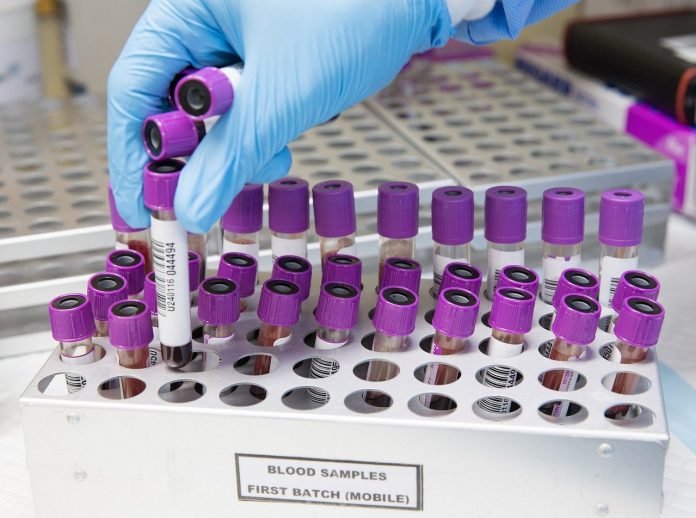
Medical guidelines meant to reduce the risk for heart disease focus on levels of cholesterol in the blood, including low-density lipoproteins (LDL), labeled “bad cholesterol,” and high-density lipoproteins (HDL), labeled as “good.”
In a study from the Keck School of Medicine of USC, scientists found an important connection between good cholesterol particles in cerebrospinal fluid and brain health as well.
Researchers took samples of cerebrospinal fluid from people aged 60 and older and measured the number of small HDL particles in each sample.
They recruited 180 healthy participants with an average age of nearly 77 and analyzed samples of their blood plasma and cerebrospinal fluid.
Using a sensitive technique known as ion mobility, the researchers were able to identify, count and measure the size of individual HDL particles. A subset of 141 participants also completed a battery of cognitive tests.
The team found that a higher number of these particles in the fluid is associated with two key indicators that the particles might have a protective effect against Alzheimer’s disease.
Of the participants who took the cognitive tests, the ones with higher levels of small HDL particles in their cerebrospinal fluid performed better, independent of their age, sex, education or whether or not they carried the APOE4 gene, which puts them at higher risk for Alzheimer’s disease.
The correlation was even stronger among those who had no cognitive impairment.
One indicator is better performance on cognitive tests. The other indicator is higher circulating levels in the cerebrospinal fluid of a particular peptide—like a protein, but smaller—called amyloid beta 42.
Although that peptide contributes to Alzheimer’s disease when it misfolds and clumps onto neurons, an increased concentration circulating around the brain and spine is actually linked to a lower risk for the disease.
The evidence suggests that these HDL particles may be key to finding treatments that would work early in the disease process, long before a cognitive decline occurs.
This study represents the first time that small HDL particles in the brain have been counted.
The team says they may be involved with the clearance and excretion of the peptides that form the amyloid plaques we see in Alzheimer’s disease, so the researchers speculate that there could be a role for these small HDL particles in prevention.
If you care about Alzheimer’s, please read studies about antioxidants that could help reduce the risk of dementia, and 5 steps to protect against Alzheimer’s and Dementia.
For more information about brain health, please see recent studies that herb rosemary could help fight COVID-19 and Alzheimer’s disease, and results showing this stuff in mouth could help prevent Alzheimer’s.
The study was conducted by Hussein Yassine et al and published in Alzheimer’s & Dementia: The Journal of the Alzheimer’s Association.
Copyright © 2022 Knowridge Science Report. All rights reserved.



